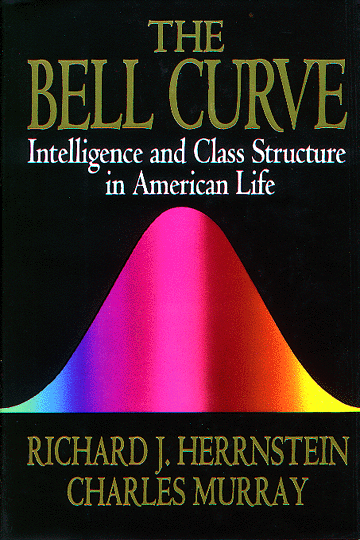NO FREE LUNCH
Jeff Jarvis reems Larry Lessig for an aside in one of his posts:
(BTW: this is a NY Times piece, which means you need to be registered to read it and eventually you’ll have to pay to read it. There’s something rotten in that.)
Jeff, correctly, thinks not:
And just what is rotten about that, huh? The New York Times paid money — a good deal of money — to have Tapper write that story and more money to edit it and more money to publish it. The New York Times bought and owns rights to that story and has the full privilege to charge for it; you have no right to get it for free. The fact that the Times is giving it to you for free — for the mere price of registration — is a gift and you look at that horse in the mouth.
But what’s good for the goose is good for the gander, professor: Your knowledge should be mine. If you paid for it, tough; if you got scholarships, then that’s all the more reason you should share it. You should teach for free. Your books should be free. You should come and give lectures and charge nothing. If you practice law, you should do it for free because, hey, we all own the law and the knowledge about it, eh? Anything else would be, well, rotten, wouldn’t it?
We’ve gotten so used to everything being “free” on the ‘net that we lose sight of the economic realities. Now, as a blogger, I find it annoying just because I like stuff I link to to be there in perpetuity. But the NYT has a right to try to make money off of the content they put online.






Well the arguement goes both ways in that if the Times (or any other paper) wants to be talked about online it has to be linkable.
So, they can either put up a wall and be a prestigious NY paper or keep themselves online and be a prestigious national paper. Honestly it depends on who they want to influence more.
And yeah, before you throw the WSJ example out, you do realize that it’s rare to see a treatment of a WSJ article (not Opinion Journal) in the blogosphere.
You have to pay for good fiction at Barnes & NOble, so why not on the Times’ website too?
Hey–I’ve blogged about WSJ articles. But then, I’m weird.
What Joy said: a publication has to choose between being easily accessed and discussed, or not. But it’s certainly their choice.
Joy: I agree. I’d prefer NYT not do the archive thing, especially if it’s deep linked on a blog. But I can understand their motivation. The current method allows it to be discussed while it’s fresh; registration is free. Some blogs actually archive the whole article in the extended entry section, which I’ve considered but am not sure it’s “fair use.”
—